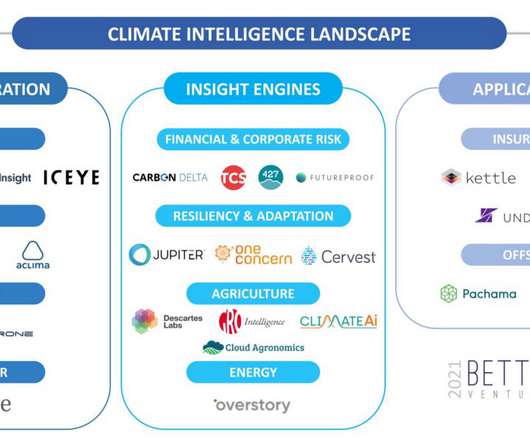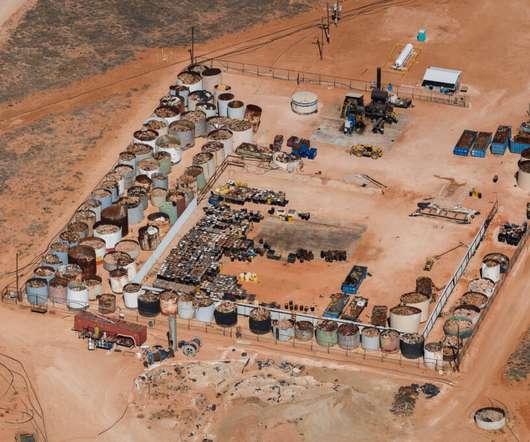COP27: A quick guide to common terms
Business Green
OCTOBER 31, 2022
Industry Voice: From UNFCCC to NDCs and IPCC to 1.5°C, This is the global temperature rise above pre-industrial levels targeted by the 2015 Paris Agreement. The curbing of emissions to reduce the concentration of greenhouse gases such as carbon dioxide and methane in the environment. Energy transition. Energy transition.















Let's personalize your content